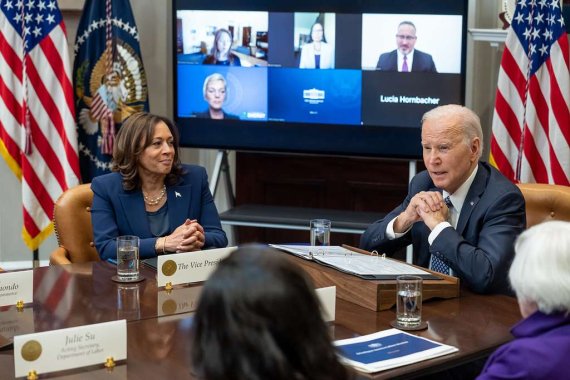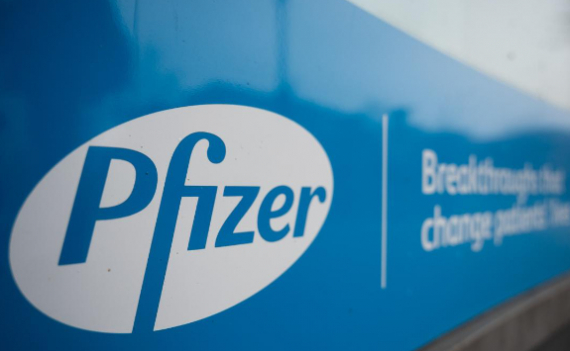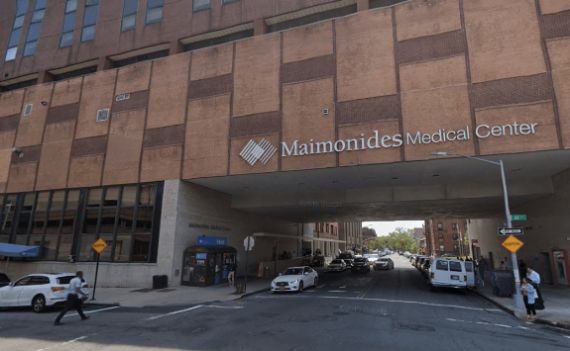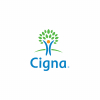Doctors' Day

National Doctors' Day is an important occasion dedicated to honoring the vital contributions of doctors to both individuals and communities. The specific date for celebrating this day can vary by country, reflecting local customs and traditions. In the United States, National Doctors' Day is observed on March 30. In some nations, it is even recognized as a public holiday. Although the day is intended for patients and healthcare advocates to express their gratitude, it is primarily commemorated by medical institutions. Common practices include organizing luncheons for doctors where they receive awards and accolades. Historically, the day has been marked by sending greeting cards or red carnations to doctors and their families, and by placing flowers on the graves of deceased physicians.
About the holiday
Brief History
The inaugural National Doctors' Day was held on March 28, 1933, in Winder, Georgia. The first observance included sending postcards to doctors and their families, and laying flowers on the graves of deceased physicians. As the significance of the day grew, it reached a significant milestone on October 30, 1990, when President Bush signed S.J. Res. No. 366 into law during the 101st Congress. This legislation, known as Public Law 101-473, officially designated March 30 as National Doctors' Day, establishing it as a national holiday to honor and recognize the contributions of physicians across the country.
How It's Celebrated
National Doctors' Day is marked through a variety of activities that express gratitude toward doctors. Hospitals and medical facilities frequently organize special events, award presentations, and appreciation luncheons for their healthcare teams. Patients and community members may send thank-you cards, flowers, or small gifts to their physicians. Social media campaigns and public acknowledgments highlight the achievements and sacrifices of doctors. Moreover, some organizations offer ongoing education or wellness programs to enhance physicians' well-being.
 Doctors' Day
Doctors' Day
Interesting Facts
- National Doctors' Day also commemorates the anniversary of Dr. Crawford Long's pioneering use of anesthesia in 1842, which transformed surgical practices.
- The red carnation is the symbolic flower for Doctors' Day, representing the dedication and service of medical professionals.
- In 2018, the American Medical Association noted that there were over 1 million physicians practicing in the U.S., highlighting the significance of the day in honoring their contributions..
- National Doctors' Day frequently provides doctors with an opportunity to reflect on their influence and interact with both colleagues and patients
Were born on 30 March
Today, we honor and celebrate your steadfast commitment, compassion, and dedication. Your tireless efforts in providing exceptional care profoundly affect countless lives. We deeply appreciate your devotion to healing and assisting others. We appreciate all your invaluable contributions!






































